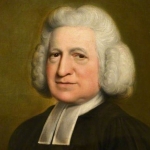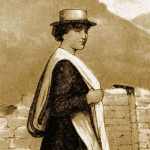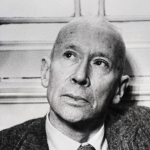1
My god! I know, I feel thee mine,
And will not quit my claim
Till all I have is lost in thine,
And all renewed I am.
2
I hold thee with a trembling hand,
But will not let thee go
Till steadfastly by faith I stand,
And all thy goodness know.
3
When shall I see the welcome hour
That plants my God in me!
And perfect liberty!
4
Jesu, thine all-victorious love
Shed in my heart abroad!
Then shall my feet no longer rove,
Rooted and fixed in God.
5
Love only can the conquest win,
The strength of sin subdue
(Mine own unconquerable sin),
And form my soul anew.
6
Love can bow down the stubborn neck,
The stone to flesh convert;
Soften, and melt, and pierce, and break
An adamantine heart.
7
Oh, that in me the sacred fire
Might now begin to glow,
Burn up the dross of base desire,
And make the mountains flow!
8
Oh, that it now from heaven might fall,
And all my sins consume!
Come, Holy Ghost, for thee I call,
Spirit of burning, come!
9
Refining fire, go through my heart,
Illuminate my soul;
Scatter thy life through every part,
And sanctify the whole.
10
Sorrow and sin shall then expire,
While, entered into rest,
I only live my God t’admire—
My God forever blest.
11
No longer then my heart shall mourn,
While purified by grace
I only for his glory burn,
And always see his face.
12
My steadfast soul, from falling free,
Shall then no longer move;
But Christ be all the world to me,
And all my heart be love.



















Comment form: